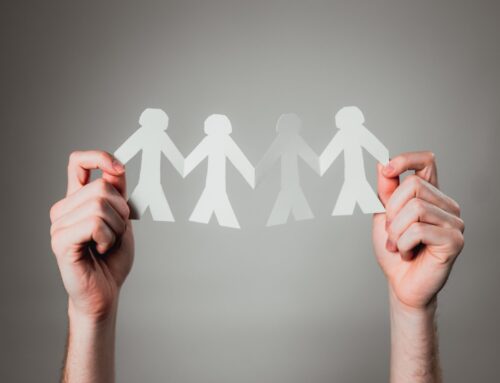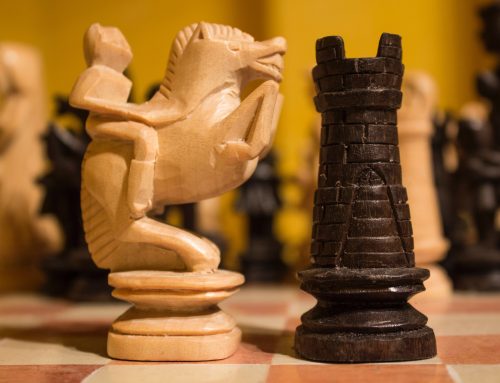I shouted for joy when I read (actually heard on my audible.com NYT subscription) that the U.S. Justice dept. was suing Apple and five major publishing houses over price fixing.
Why so happy?
Because they were price fixing, and because of it I was paying +$14 for digital copies that cost publishers nothing to distribute and pennies to create.
Amazon had been aggressively pricing ebooks at $9.99 and these publishers were pissed off about it. It’s very hard to sell hard cover books at $17.99 and above when a reader could get it for $9.99 on Amazon’s Kindle.
And so they basically ganged up on Amazon and threatened Amazon with their collective might. The entrance of Apple’s iPad was a godsend to these publishers as it served as an effective bargaining tool against Amazon.
Another example of 20th century thinking
Lamentably, this is another example (like the music industry) of top level executives failing to understand the dynamics of digital technology and attempting to squeeze a big square elephant of a business model into a rapidly evolving digital hole.
If you don’t consume digital books, your kids do or will. And you’ll die. A long time from now I hope, but … you get the drift.
The fact is that the world will move to mass consumption of ebooks which cost nothing to distribute.
ZERO!
To insist on charging traditional hardcover prices for their digital equivalents is exploitation in the darkest sense of the word.
Further, low prices especially below $9.99 are extremely elastic in demand; meaning that the lower the price, the number of people that buy goes up tremendously. This no doubt is facilitated because it’s not as easy to hand a Kindle version of a book off to a friend as it is with the book version.
If you prefer to have your books easily accessible, and searchable in one 8 oz device, you’ll buy a (<=) $9.99 book with less decision power than you use to buy a cafe latte at Starbucks.
And as digital readers become ubiquitous, digital book prices will go down even further. This is good for publishers, authors, digital retailers and more importantly, it’s good for readers like you and me.
So is this the end of books stores?
Well, Borders bit the bullet. Was it just too much competition for physical books? I don’t think so.
The fact is with the right pricing of ebooks—which is happening—and better and better user experiences of digital reading—which is also happening—physical books will become more for coffee table and ‘special’ reading experiences. They won’t go away of course, but they won’t be produced and consumed in any way close to the way they were in the last century.
I think it’s very likely that Barnes & Noble will go the same way, and I certainly will miss their stores.
There is something calming, even spiritual about browsing shelves filled with brand new books and being able to pick one up, sit on the floor and actually read it. You don’t get that from browsing or even consuming digital titles. At least that’s not been my experience.
But maybe the demise of the traditional books store won’t be so bad. For one, the ebook reading experience will get better and better, and we’ll be able to browse an infinite number of ebooks in ways similar to how Tony Stark manipulates computer images in the Iron Man movies.
And two, if B&N does go away, small boutique specialty books stores might take their place, with each one providing some special focus on physical books. We won’t have the breadth of books in one place, and the books will be more expensive, but at least we’ll still have books, and maybe some very cool ones at that.





Great article. I am going through a few of these issues as well.
.